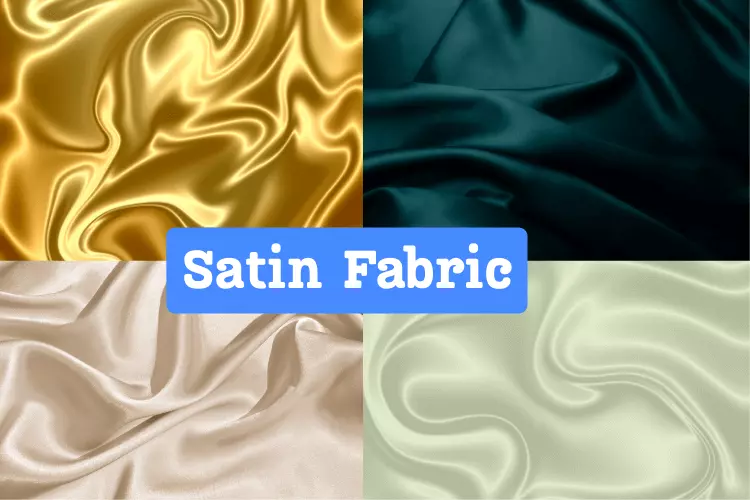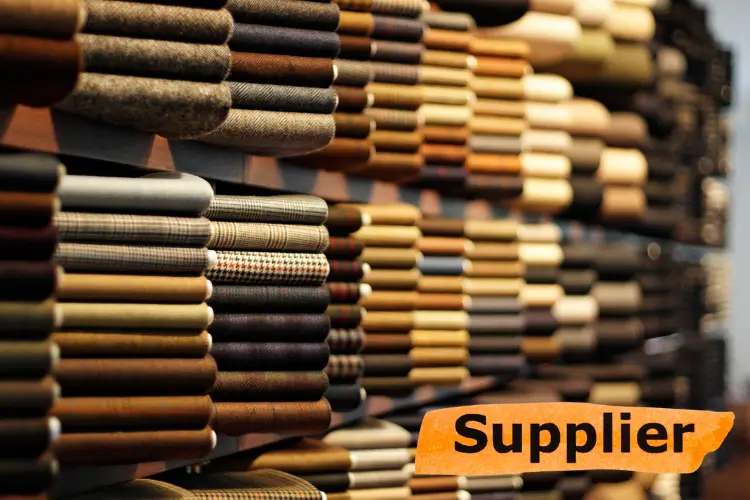From renewable energy initiatives to conservation efforts and sustainable agriculture practices, Australia is making strides towards a more environmentally responsible nation. According to Statista, more than 22 per cent of consumers considered having sustainable products vital for the fashion and clothing sector.

Bamboo Fabric
Bamboo fabric has emerged as a promising alternative to traditional textiles in an era where they are becoming incredibly important. This cost-effective material is gaining popularity in the fashion industry for its desirable qualities. For instance, the cost of bamboo shirts in Australia for women starts from 34 to 54 dollars, whereas for men, it ranges from 56 to 66 dollars. To know more about its future, keep reading this article.
Sustainable Production Process
One of the significant advantages is its production process. For example, bamboo shirts embody sustainability right from the production process. The plants require minimal resources to grow, making them highly sustainable compared to other crops. They require no irrigation, and their rapid growth rate allows efficient harvesting. This material can be cultivated without harmful pesticides or synthetic fertilisers, reducing the environmental impact of conventional farming practices.
Renewable Resource and Carbon Sequestration
The benefits of this material extend beyond its production and wearability. Bamboo is a highly renewable resource with its rapid growth rate and ability to regenerate from its root system. Harvesting it does not require replanting, as the plant continues to grow and replenish itself naturally. Additionally, bamboo forests absorb more carbon dioxide and release more oxygen than equivalent stands of trees, making them effective in combating climate change. By choosing this material, consumers contribute to preserving forests and reducing greenhouse gas emissions.
Advancements in Manufacturing Techniques
The entire process of converting bamboo into material requires some processing. However, advancements in manufacturing techniques have made significant progress in minimising the environmental impact of production. Many manufacturers use a closed-loop system, where the solvents and chemicals used in the process are captured and recycled. Additionally, bamboo crops are grown without the use of harmful pesticides, further reducing the negative impact on the environment.
Supporting Ethical Considerations
It also presents ethical considerations that align with the principles of sustainability. Many farms prioritise fair trade practices, ensuring the well-being and fair treatment of workers involved in cultivation and production. Consumers can support ethical and responsible practices by opting for this fabric, promoting social equity and a more eco-friendly fashion industry.
Supporting Local Economy
The adoption also supports the local economy and communities. Its cultivation and production can create employment opportunities, particularly in regional areas where traditional agricultural practices face challenges. Embracing it can contribute to the growth of an eco-friendly and resilient textile industry within Australia, creating a positive ripple effect throughout the supply chain.
Consumer Conscious Choices and Fashion Industry’s Collaboration
As consumers become conscious of the environmental impact of their choices, it is emerging as a frontrunner in eco-friendly fashion. Its unique ecological benefits, luxurious texture, and antibacterial properties make it a highly desirable option for eco-conscious individuals. Fashion brands are increasingly recognising its potential and incorporating it into their collections. From activewear to everyday clothing, it is gaining popularity and acceptance in the industry.
Conclusion
The future of sustainable clothing prioritises environmental preservation and consumer satisfaction. It offers a renewable, versatile, and eco-friendly alternative to traditional textiles. As more fashion brands embrace this material, the fashion industry transforms towards sustainability. So, you can search for clothing like bamboo shirts in Australia as it allows you to reduce your ecological footprint while enjoying comfortable, stylish garments that align with their values. It is time to embrace it as the future of this clothing and pave the way for a more environmentally conscious fashion industry.
Author name: Michael Roy



